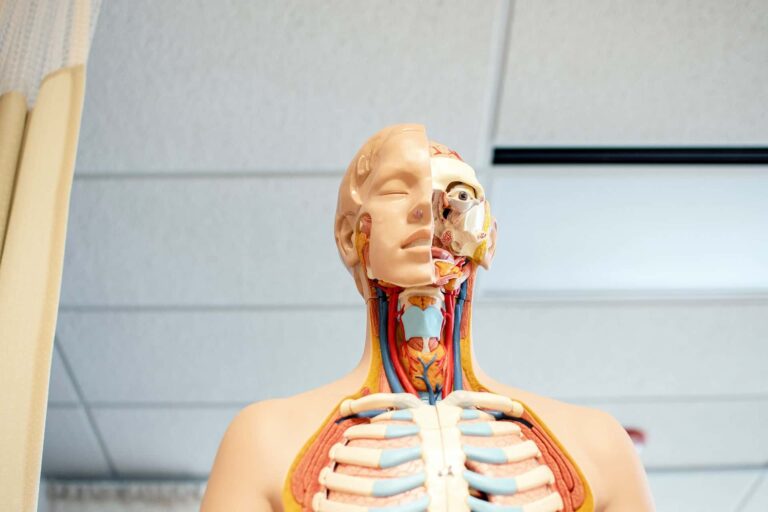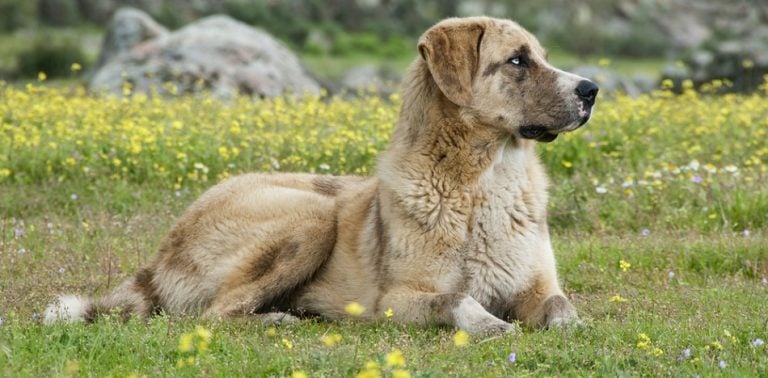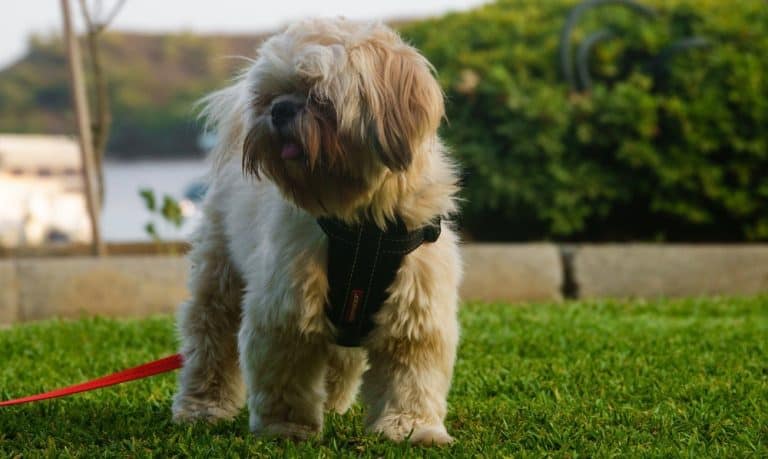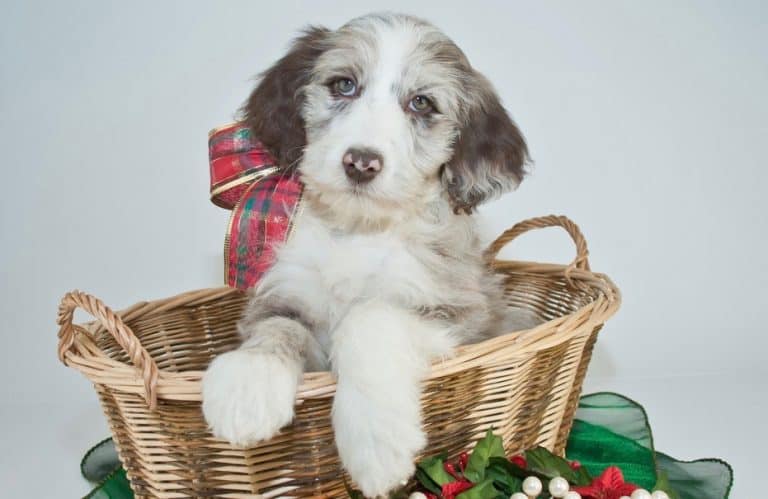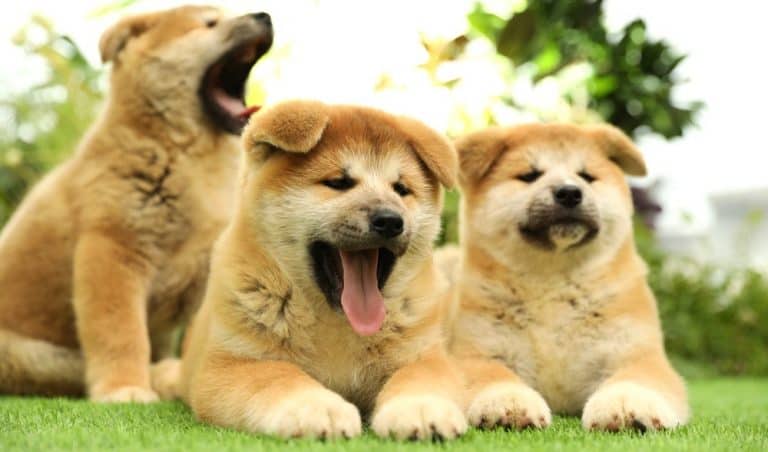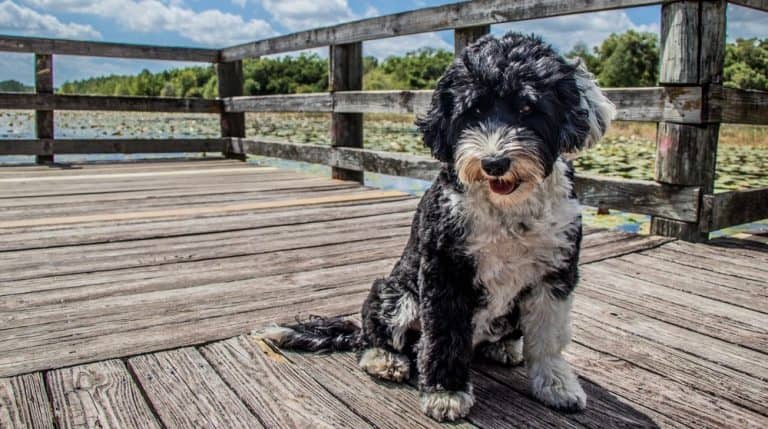Why Is My Dog Suddenly Eating Grass Like Crazy?
It is a common problem for many dog owners to find their dog chewing on grass and then inevitably throwing it up later! But why do dogs do this? In this article, we will look at the reasons behind your dog’s grass-eating habit.
Your dog may be chewing on the grass, but it’s not because he wants to eat it. It could be that your dog has a concern with his teeth or gums and needs help. If you suspect this, you must take him to an animal dentist as soon as possible.
The sooner you get your dog checked out by a vet, the better the chance of finding a solution to his issues. It is a common concern in dogs, and if left untreated, it can lead to other health issues, such as gum disease and tooth loss.
Why Is My Dog Eating Grass?
A dog that eats grass, or weeds for that matter, can cause a lot of problems for the pet owner and their family. The first thing to do when you notice your dog eating grass is to get it checked by a veterinarian because it can be due to a medical issue or a nutritional deficiency, among other reasons.
Your vet will be able to tell if any underlying medical issues may be causing your dog to eat grass. If they find nothing wrong with your dog, they will try to figure out why he is doing this.
They might suggest that you change his diet, so he doesn’t have access to grass. Some dogs just like to chew on things and not necessarily food. This could also be the reason your dog is chewing on grass.
Dogs should not eat an excessive amount of grass. Grass eating can lead to stomach upset as well as other health issues such as intestinal worms or other intestinal parasites that can threaten dog health. Dogs who eat too much grass can become very ill.
Reasons Why Your Dog is Suddenly Eating Grass
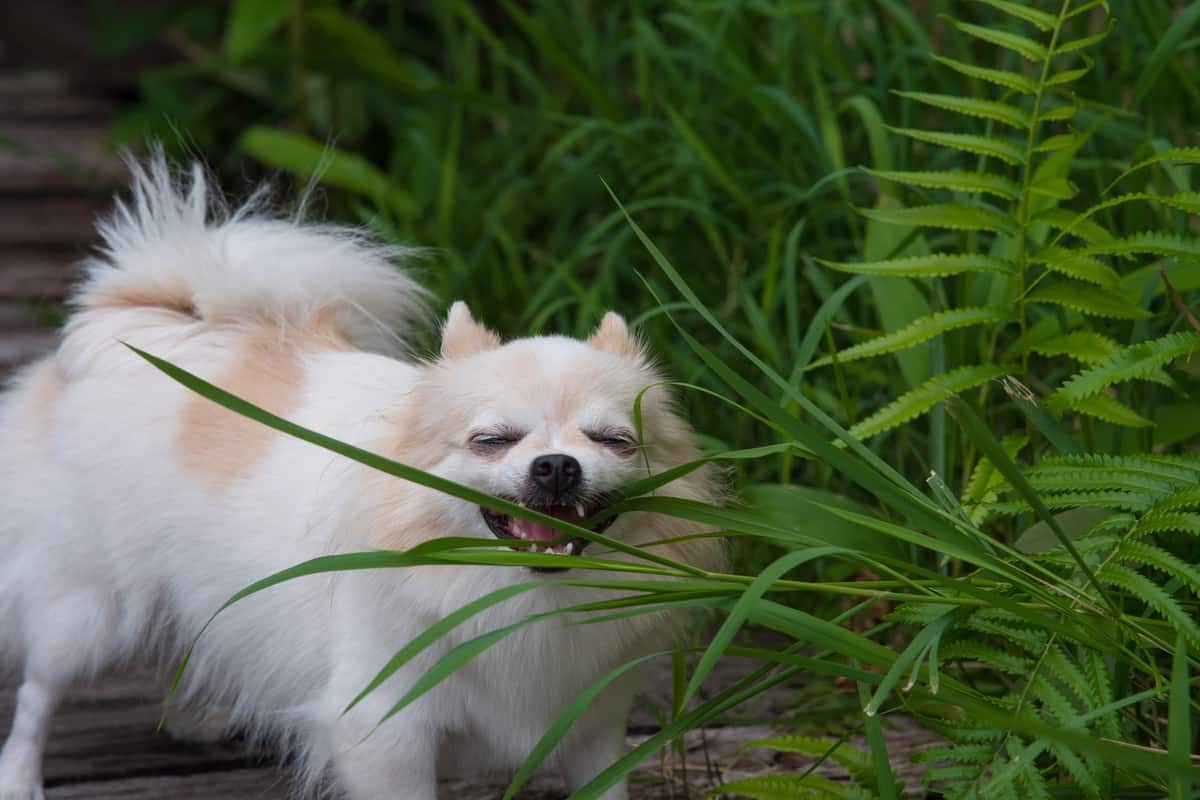
There are many reasons a dog would start eating grass. Here are some of the most common ones:
Boredom, Stress, Or Anxiety
Your dog may be bored, stressed, or anxious and needs to relieve these feelings by chewing on something. This happens when dogs are left alone for long periods. Dogs eat grass when feeling bored or stressed because they have no other way to relieve their feelings.
There are times when a dog just wants to play around. Sometimes they will choose to chew on something instead of playing. Chewing on grass is one way a dog can entertain themselves while waiting for you to come home.
Many dogs tend to eat more when they are anxious or stressed. When a dog is stressed, they often turn to eat something that makes them feel better. For example, if your dog is having trouble sleeping at night, he may decide to eat grass to calm himself down.
It’s A Natural Behavior
Dogs are naturally curious creatures and often chew on interesting things. They also need to clean their teeth with their tongues, so it makes sense that they chew on grass. This behavior can be seen in puppies as well as adult dogs.
They Are Looking For Food
Some dogs will eat grass if hungry or thirsty. If you see your dog eating grass, make sure they have eaten before you start worrying about them being sick.
They Are Looking For Attention
This is the most common reason dogs eat grass. When dogs feel neglected or lonely, they will look for ways to get attention from people. By chewing on grass, they are trying to get your attention.
They Want To Play
sometimes dogs just like to chew on stuff. Sometimes they do this out of boredom, but it could also mean they are playing.
They Smell Something
dogs love to smell everything around them. Some dogs will sniff at grass to figure out what kind of smells there are nearby.
Upset Stomach
if your dog eats grass after vomiting, it means his stomach is upset. Make sure he gets plenty of water and rest. This is a common sign of an upset stomach and means nothing serious. Sometimes a dog will eat grass simply because they are feeling unwell. If your dog has diarrhea, he may think the grass is helping him cleanse his system.
In other cases, eating grass can also be a sign of some kind of underlying condition like intestinal worms when it is alongside diarrhea.
They Are Thirsty
if your dog chews on the grass while drinking, they are probably thirsty. You should offer them some water.
It’s A Habit
if your dog chews on grass, he might be doing it because it’s a habit. Try to break this bad habit by ensuring your dog doesn’t have access to grass often or is supervised.
Dietary Response
if your dog suddenly starts eating grass, this could be due to a dietary response. It means your dog isn’t getting enough nutrients in their diet. Talk to your vet about adding more vitamins and minerals to your dog’s diet.
Digestive Issues
if your dog seems to be having digestive issues, such as diarrhea, they may be chewing on the grass to help ease the pain.
They Are Lonely
Another reason a dog may start eating grass is that they are lonely. If your dog lives alone all day long, he may want to spend time with another animal. Since he does not have anyone else to interact with, he may start eating the grass to make himself feel better.
He Has A Sensitive Tummy
Sometimes dogs have sensitive tummies and don’t know how to properly deal with certain foods. In these cases, they will try to avoid anything that makes them uncomfortable. If your dog has a sensitive tummy, he may start eating grass because it feels good to him.
He Has Been Fed A High-Protein Diet
A high-protein diet means your dog gets more than 20% of his calories from meat. When a dog starts getting more than 20% of its daily calorie intake from meat, it becomes harder for them to digest carbohydrates. This causes them to crave more protein which leads to them eating grass.
Other
if none of the above reasons apply to your dog, they may be just curious about grass. Don’t worry too much about it unless your dog continues to eat grass frequently.
Should Dogs Eat Grass?
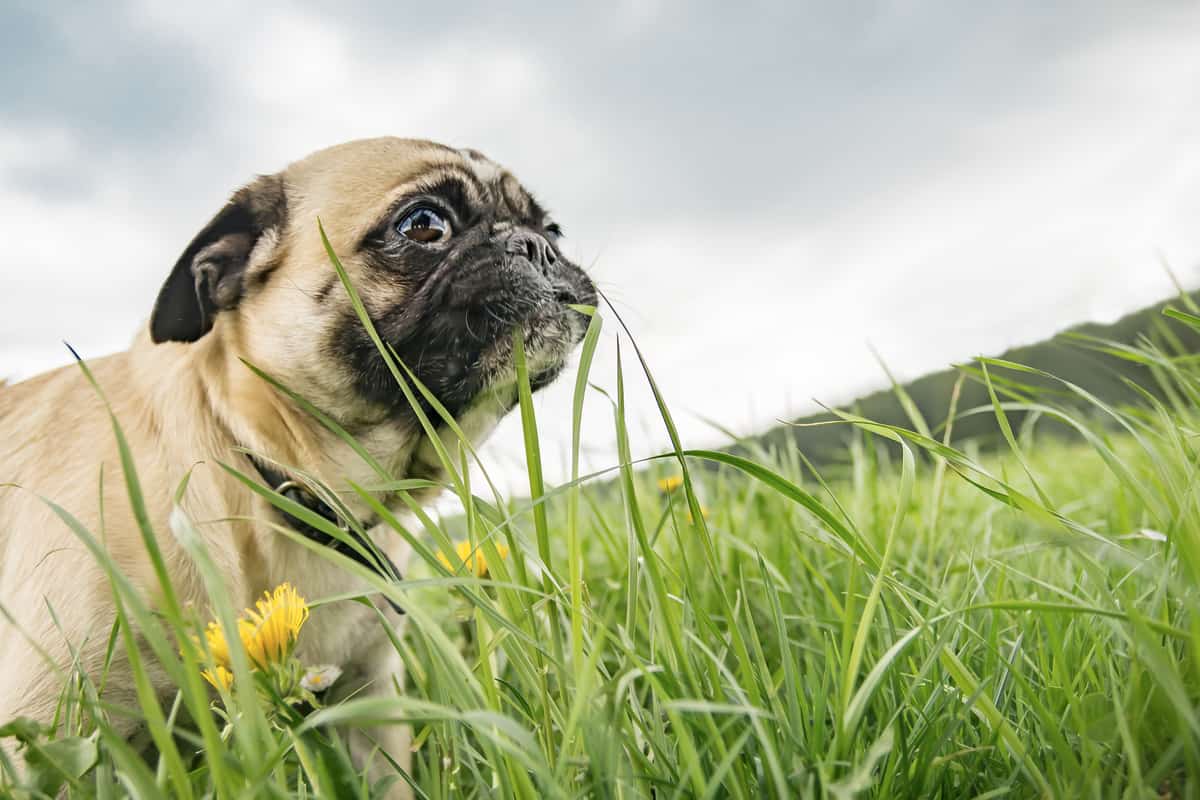
Dogs should not eat grass. There are many health risks associated with consuming grass. Not only does it cause gastrointestinal problems, but it can also lead to heart disease, liver damage, kidney failure, and even cancer.
If your dog consumes grass, it can cause the following:
Gastrointestinal Problems
The main concern with eating grass is that it causes gastrointestinal issues. Eating grass can cause an upset stomach, diarrhea, constipation, gas, nausea, vomiting, bloating, and weight loss. These symptoms usually go away within 24 hours.
However, if your dog keeps eating grass, these symptoms can become worse over time. You may start to notice sickness symptoms after eating grass like your dog licking his lips, drooling, or just not acting like himself.
Heart Disease
Grass contains high oxalate levels, which can cause calcium oxalate crystals to form in the kidneys. Over time, these crystals can block the blood vessels in the kidneys, causing chronic kidney disease.
Liver Damage
Oxalates can also enter the bloodstream and travel through the body, where they can cause inflammation and damage to the liver. If left untreated, this can result in cirrhosis of the liver.
Kidney Failure
Oxalates can cause stones to form in the urinary tract. Stones can obstruct the flow of urine and cause kidney failure.
Cancer
Oxalates can stimulate the growth of certain types of tumors. Studies show that people who consume large amounts of oxalic acid (grass) have higher rates of bladder cancer than those who do not.
Weight Loss
Grass has been shown to contain substances that make you feel full, so when dogs chew on it, they don’t get hungry again until long after they’ve eaten all the grass. This leads to them losing weight.
Hair Loss
Grass contains chemicals called phytoestrogens that can affect hair follicles. When this happens, the hairs will fall out or grow sparsely.
Skin Rash
Grass can irritate the skin and cause rashes. While humans may sneeze and cough when they have an allergy, a canine grass allergy may involve more scratching and itching, leading to inflamed skin, fur loss, and itching and biting.
Allergies
Grass contains proteins called lignins that can trigger allergies. Dogs can certainly be allergic to grass, and it is actually even more common than you may know.
A study was done at the University of Veterinary Medicine Vienna and showed more than 80 percent of the 262 dogs trialed had tested positive for grass, weed, and tree pollen allergies.
If you notice that your dog has been scratching more than usual and is scratching so relentlessly that they cause injury to themselves or they sneeze a lot and have red and irritated eyes, these could all point to signs of an allergic reaction to grass.
Your vet can test for allergens and offer tips and treatment advice on how to proceed.
How Can I Prevent My Dog From Chewing On Grass?
There are several ways that you can prevent your dog from eating grass. You can use a product like “Grass-Off” to keep your dog from eating grass or remove the grass from your yard.
”Grass-Off” is a product that works by coating the grass blades with a sticky substance. Once the grass is coated with the material, your dog won’t want to eat it anymore.
You can also spray a mixture of equal parts lemon juice and vinegar around your yard. This scent will deter the dog and they will stay off the grass. Try avoiding spraying it directly on the grass, though, or the vinegar could harm the lawn.
It’s important to note that “Grass-Off” doesn’t work for every type of grass. For example, it won’t help your dog stop chewing on Bermuda grass.
Here are some more tips to prevent your dog from eating grass:
- Keep Your Grass Short – If your grass is tall, your dog won’t be able to reach it easily. Make sure that your lawn is short enough for your dog to play in safely.
- Cut It Off – If your dog starts to eat grass, cut it off immediately. Do not allow him to continue chewing on it.
- Train Your Dog To Avoid Grass – Teach your dog to avoid grass by rewarding him whenever he doesn’t touch it. Use treats like peanut butter or cheese as rewards.
- Remove Grass From Your Yard – If your dog continues to eat grass even after trying everything else, you may need to take action. Contact a professional landscaper to trim your grass and remove any weeds.
It helps to determine why your dog is eating grass in the first place. That way, you can find the best way to manage the situation. It may be something as simple as adding a supplement to their diet or upping the nutritional content they are craving to satisfy their dietary needs.
Some dogs think the grass will give them the fiber they need to help with their digestion; however, this isn’t the case. Grass offers little to no nutritional value at all. Instead, add fiber to your dog’s diet through steamed broccoli, carrots, or string beans.
You can also introduce them to more dog training for physical and mental stimulation. When you see your dog start to eat grass, firmly tell them to leave it and then offer them a treat and praise as a reward.
Games during playtime can also make for a good distraction if boredom is the cause of your dog eating grass. You can also try walking your dog on a leash until the eating grass habit is gone.
What Nutrient Does My Dog Need If He Eats Grass?
If your dog is suddenly eating grass, he may need chlorophyll. This helps to replenish his red blood cells, fight infections, heal wounds, build up the immune system, heal the digestive tract, and break down stones in his bladder.
Again, kale, broccoli, green beans, parsley, and spinach are all great vegetables you can mince or steam. Make sure they are organic and mince or steam them, making them more easily digestible.
Why is My Dog Sick After Eating Grass?
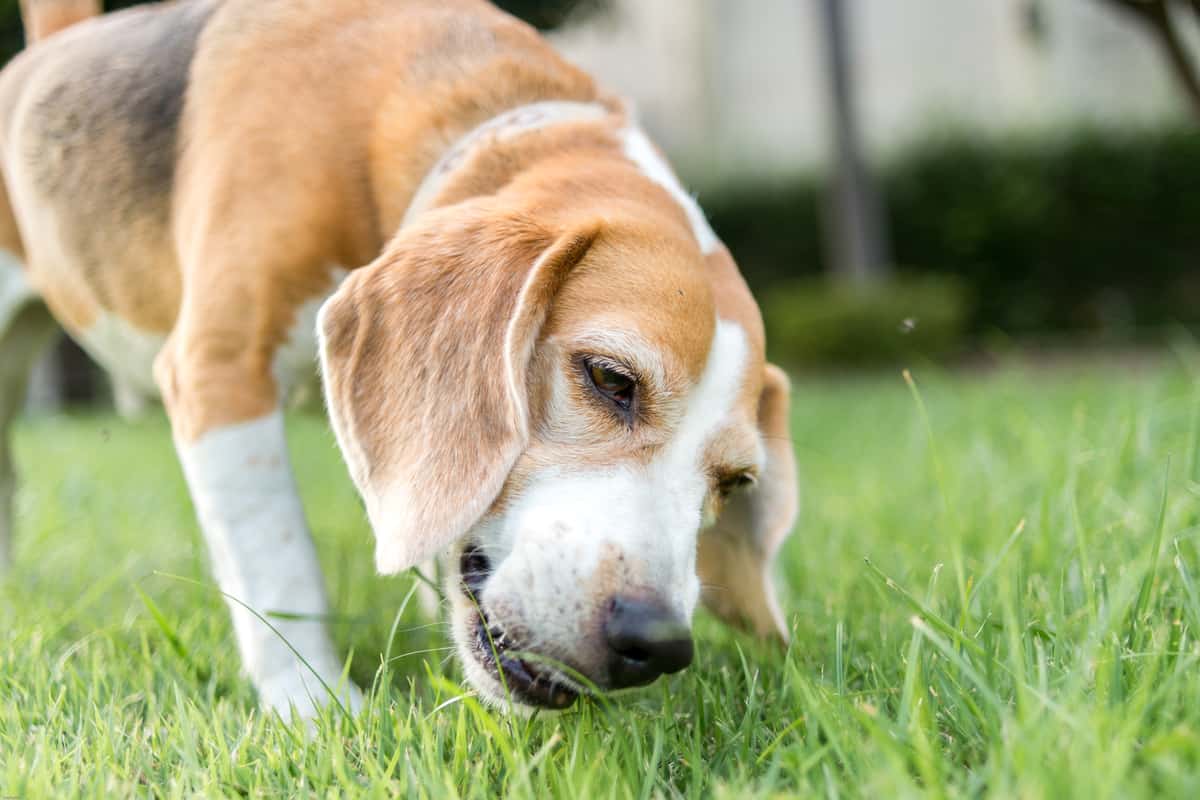
If your dog eats too much grass, he could develop an upset stomach. He might vomit, throw up, or experience diarrhea. These symptoms are usually caused by the toxins found in grass.
The most common symptom of poisoning is vomiting. Other signs include diarrhea, excessive salivation, muscle tremors, weakness, seizures, and coma. Dogs who ingest grass often become lethargic and lose their appetite.
They may also try to lick off the grass because they’re trying to clean themselves.
What Should I Do If My Dog Has Been Poisoned By Grass?
The first thing that you should do if your dog has ingested grass is to call your veterinarian immediately. Your vet will give your dog fluids and medication to treat his illness.
He will also recommend contacting poison control services to find out how to properly dispose of the grass.
What Should I Do If My Dog Has Already Eaten Grass?
If your dog has already started to eat grass, there are things that you can try to help him recover. The first thing that you should do is to give him water. Water helps flush the toxins from his system.
After giving him plenty of water, you can offer him something sweet to drink. Sugar is an effective way to reduce the number of oxalates that he ingests.
You can also put some ice cubes in a bowl of warm water and let him lick them. Licking cold ice cubes reduces the temperature of the tongue and makes it less likely that he’ll swallow the oxalates.
If these methods fail, you may need to contact a veterinarian. They can perform tests to determine what exactly is causing your dog’s illness.
What If My Dog Is Eating Other Non Food Items?
If you notice that your dog is eating other non food items in addition to grass, such as rocks or cloth, they could have a medical issue like Pica, which results in them not getting enough nutrients. Pica can also be caused by boredom and anxiety.
You can try to stop your dog from eating non food items the same way you try to stop him from eating grass. For example, leash walk the dog, distract him from eating these items and then praise them with rewards and treats. This is a good time to teach your dog the leave it command. In addition, provide your dog with plenty of safe chew toys they can’t swallow.
Conclusion
Your dog needs to eat healthy food. However, sometimes dogs get into trouble when they eat grass. This article discusses why this happens, what causes it, and what you can do about it.
Hopefully, you now better understand why your dog is eating grass and what you can do to stop him from doing so.

